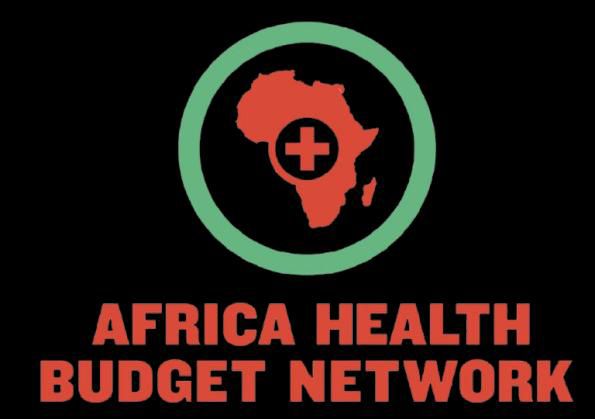
The Africa Health Budget Network (AHBN) has signed a strategic agreement with the Partnership for Maternal, Newborn & Child Health (PMNCH), hosted by the World Health Organisation (WHO), to lead the implementation of the 2025 Collaborative Advocacy Action Plan (CAAP) in Nigeria.
The agreement, formalised on Thursday in Abuja, marks a significant step in Nigeria’s ongoing efforts to reduce maternal and child mortality, promote sexual and reproductive health and rights (SRHR) and boost domestic health financing through multi-sectoral advocacy and accountability.
Science Nigeria understands that AHBN will coordinate national advocacy efforts with support from PMNCH. These efforts will bring together youth-led organisations, civil society actors, the media and policymakers to drive a unified push for improved health outcomes. The initiative aligns with key national health strategies, including the Health Sector Renewal Investment Initiative (HSRII), the Sector-Wide Approach (SWAp) and the Every Woman Every Newborn Everywhere (EWENE) agenda.
Coordinator of AHBN, Dr. Aminu Garba said the renewed collaboration will intensify advocacy at both the federal and state levels. He described the CAAP as a “unifying framework” that strengthens partnerships with the Federal Ministry of Health and other stakeholders to fast-track improvements in maternal, newborn and child health, while advancing SRHR and financing.
“The CAAP initiative is designed not only to promote accountability for health-related commitments but also to ensure inclusive, grassroots participation in shaping policy,” he said. “We aim to amplify the voices of people with lived experiences—especially women, girls and adolescents—who are often excluded from policy dialogues.”
As part of the initiative, AHBN will establish a digital advocacy hub (DAH) – a centralised platform that enables stakeholders to share evidence, monitor progress and coordinate advocacy campaigns. The hub will serve as a resource for real-time updates, learning and joint planning.
Health experts and advocates at the launch noted the urgency of the initiative, given Nigeria’s persistent maternal and child health challenges. According to the Nigeria Demographic and Health Survey (NDHS), the country continues to report some of the highest maternal and neonatal mortality rates in the world.
Hauwa Bello, a youth SRHR advocate, highlighted the importance of inclusive engagement in health planning. “When young people, especially young women, are invited to the table, we get policies that actually reflect our needs and realities. This partnership is a platform for us to be seen and heard,” she said.
Vaccines and essential drugs associate at AHBN, Pharm. Khadija Bobboyi emphasised the importance of sustained funding. “Nigeria’s health budget still falls short of the Abuja Declaration target of allocating 15 per cent of the national budget to health. Without consistent advocacy for domestic resource mobilisation, maternal and child health will remain underfunded,” she warned.
As AHBN begins CAAP implementation with its partners, expectations are high that this collaborative, data-driven framework will yield concrete health gains, particularly for underserved communities. The push also aligns with the 77th World Health Assembly’s call to urgently address maternal and child mortality across member states.

